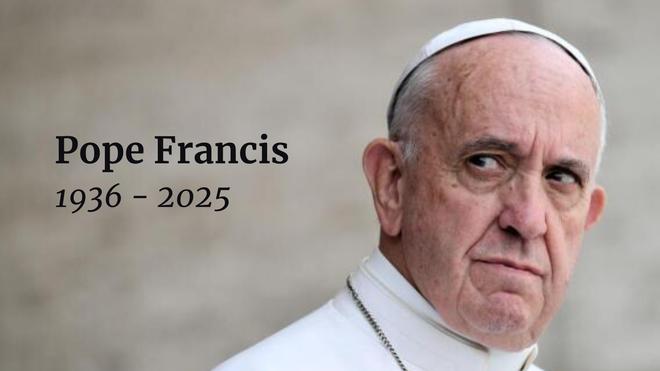Born Jorge Mario Bergoglio in Buenos Aires, Argentina, on December 17, 1936, Pope Francis made history when he was elected to the papacy on March 13, 2013, following the resignation of Pope Benedict XVI. He was not only the first pope from the Americas but also the first Jesuit pope and the first to adopt the name Francis, in honor of Saint Francis of Assisi – a symbol of humility and dedication to the poor.
Throughout his papacy, Pope Francis became known for his emphasis on compassion, inclusivity, and social justice. He championed causes such as climate change, refugee rights, economic inequality, and interfaith dialogue. His encyclical Laudato Si’, released in 2015, marked a historic step by urging global action against environmental destruction, making him a prominent voice in the fight against climate change.
Francis also sought to reform the Catholic Church from within, tackling long-standing issues such as clerical sexual abuse, financial mismanagement, and lack of transparency. Though met with resistance from traditional corners of the Vatican, he persisted in his mission to bring the Church closer to the people, often reminding Catholics to prioritize mercy over judgment.
His papacy was marked by groundbreaking gestures — from washing the feet of prisoners and refugees to visiting war-torn nations and engaging in open conversations with atheists and LGBTQ+ individuals. He was widely regarded as a “Pope of the People,” often breaking protocol to connect directly with the faithful.
Leaders from across the world have begun expressing condolences, with many praising his role as a global moral authority and a symbol of peace and unity

